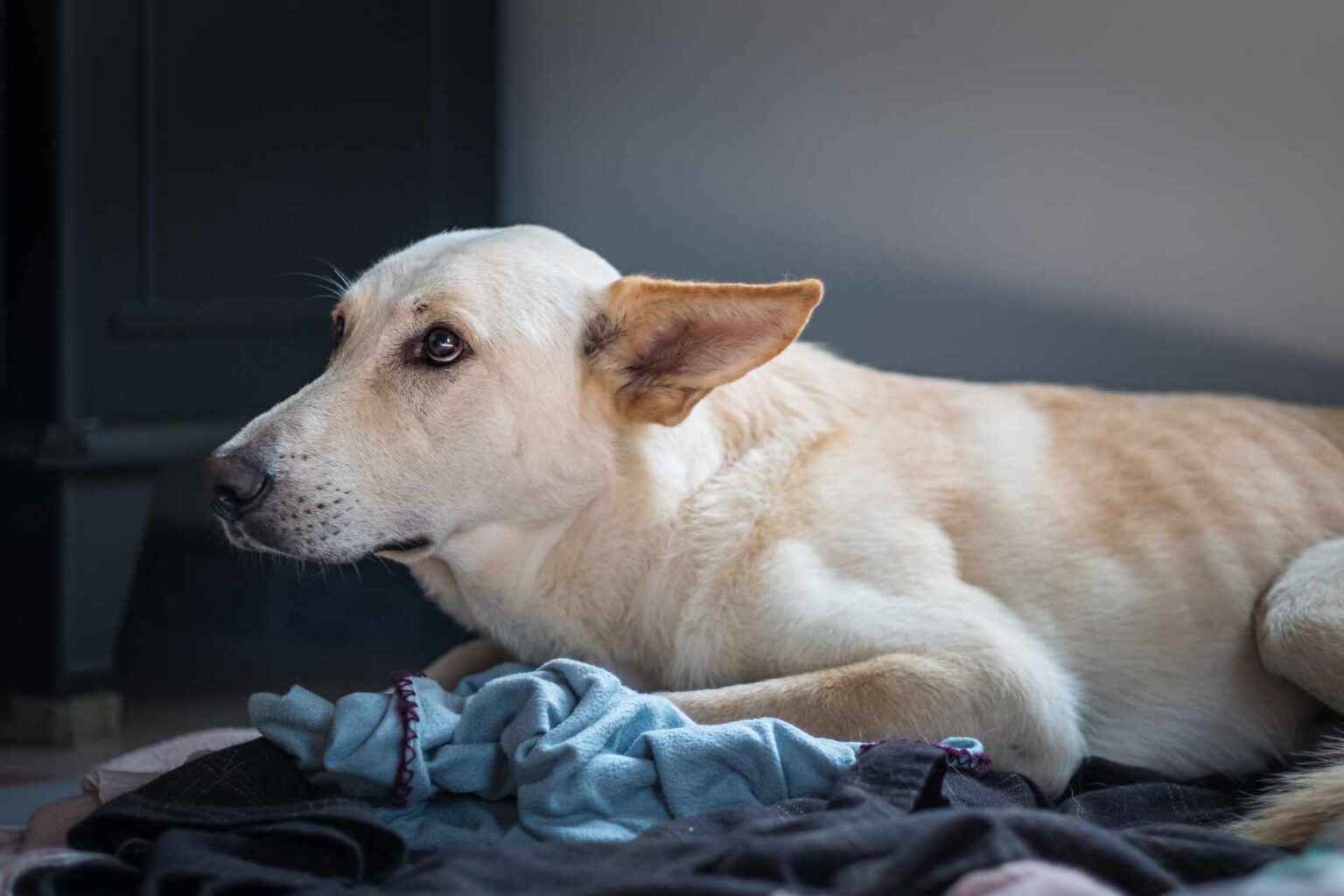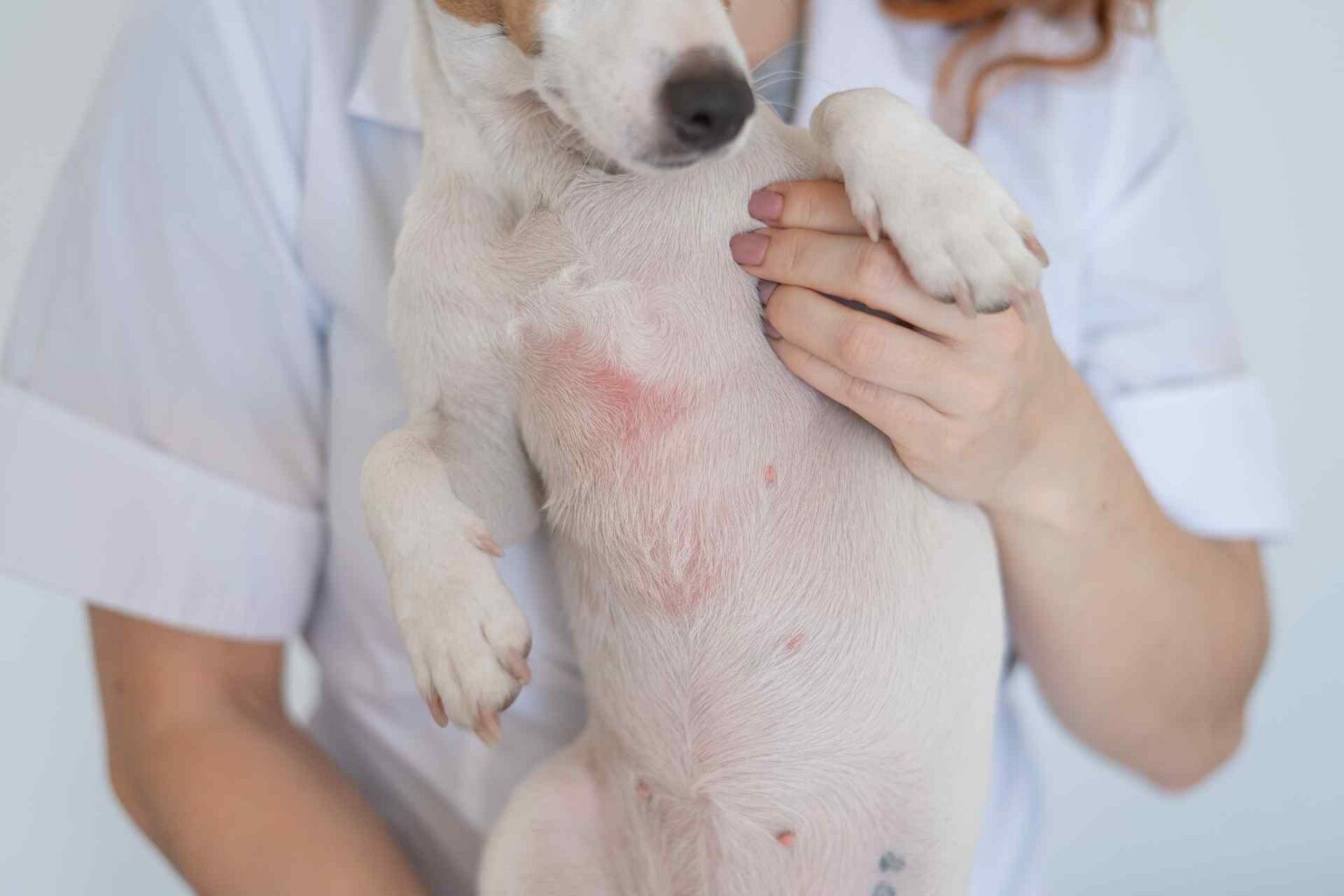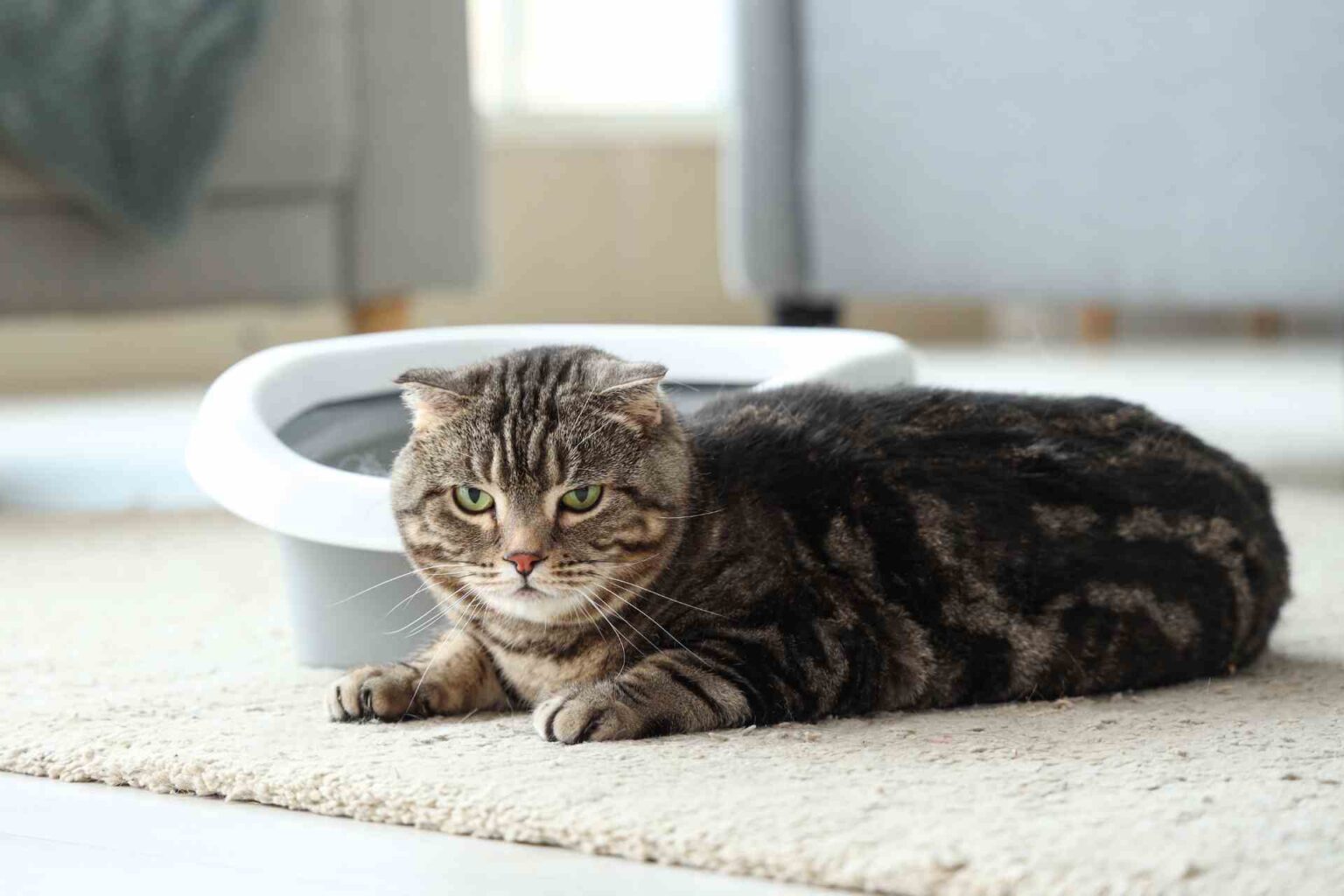Alterations in the intestinal, fecal, or urinary bladder microbiota have been reported in cats with chronic enteropathy, chronic kidney disease, and cats receiving antibiotics.
Recently, a reproducible index of feline dysbiosis (DI) has been reported based on qPCR, and reference intervals (RIs) have been established. Feline DI based on qPCR quantified seven major bacterial groups that are prevalent in all healthy cats: Bacteroides, Bifidobacterium, C. hiranonis, E. coli, Faecalibacterium, Streptococcus, and Turicibacter.
Feline DI is a mathematical model based on the quantification of these bacterial groups and allows the gut microbiota of cats with EC to be distinguished from that of healthy cats.
However, temporal variability and thus studies on the dynamics and stability of the microbiome in cats have not been extensively studied.
The objective of the study from Texas A&M University in 2024 was to determine the short-term temporal variability of feline DI and targeted bacterial taxa in healthy adult cats. In addition, to assess the extent of the impact of individual variation in healthy cats, samples from cats receiving antibiotics and cats with chronic enteropathy were also included.
The secondary objective was to evaluate the association between C. hiranonis and bile acid(BA) metabolism in cats as an additional measure to understand the normal function and stability of the feline fecal microbiota.
A total of 142 fecal samples collected from 17 healthy cats were prospectively included: nine cats with weekly collection for 3 weeks (at least four time points), five cats with monthly collection for 2 months (three time points), and three cats with additional collections up to 10 months.
The results showed temporal stability of the feline dysbiosis index in all healthy adult cats over the course of the study. DI remained stable within the reference ranges over two months for all cats (Friedman’s test, p > 0.2), and 100% of DI values (n = 142) collected during the study period remained within the reference range.
Although some individual temporal variation was observed for individual taxa, the magnitude was minimal compared with cats with chronic enteropathy and antibiotic exposure. In addition, the abundance of Clostridium hiranonis was significantly correlated with the percentage of fecal primary bile acids, supporting its role as a bile acid converter in cats.
Reference
Sung, C.-H.; Marsilio, S.; Pilla, R.; Wu, Y.-A.; Cavasin, J.P.; Hong, M.-P.; Suchodolski, J.S. Temporal Variability of the Dominant fecal microbiota in healthy adult cats. Vet. Sci. 2024, 11, 31. https://doi.org/10.3390/vetsci11010031











